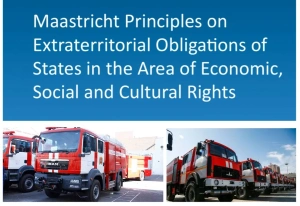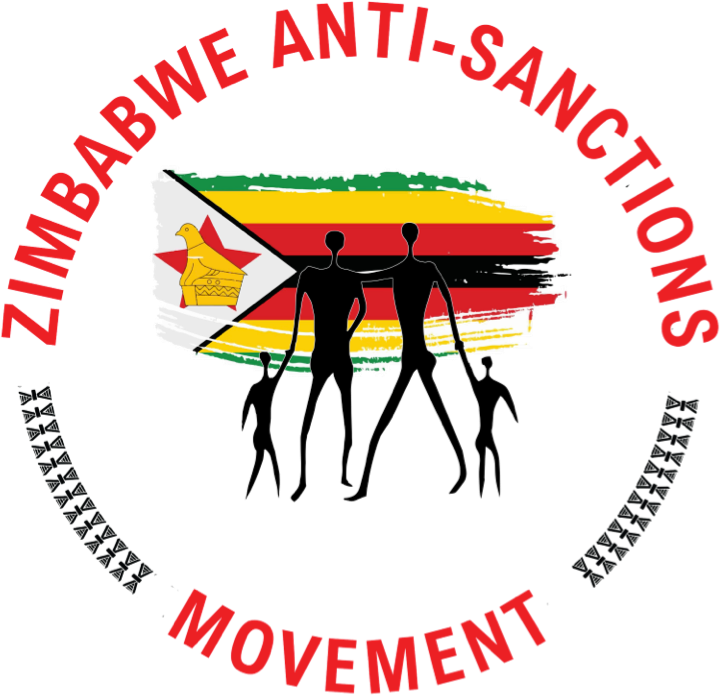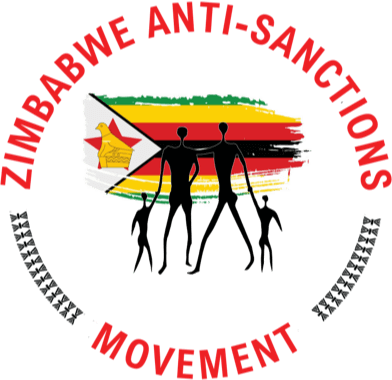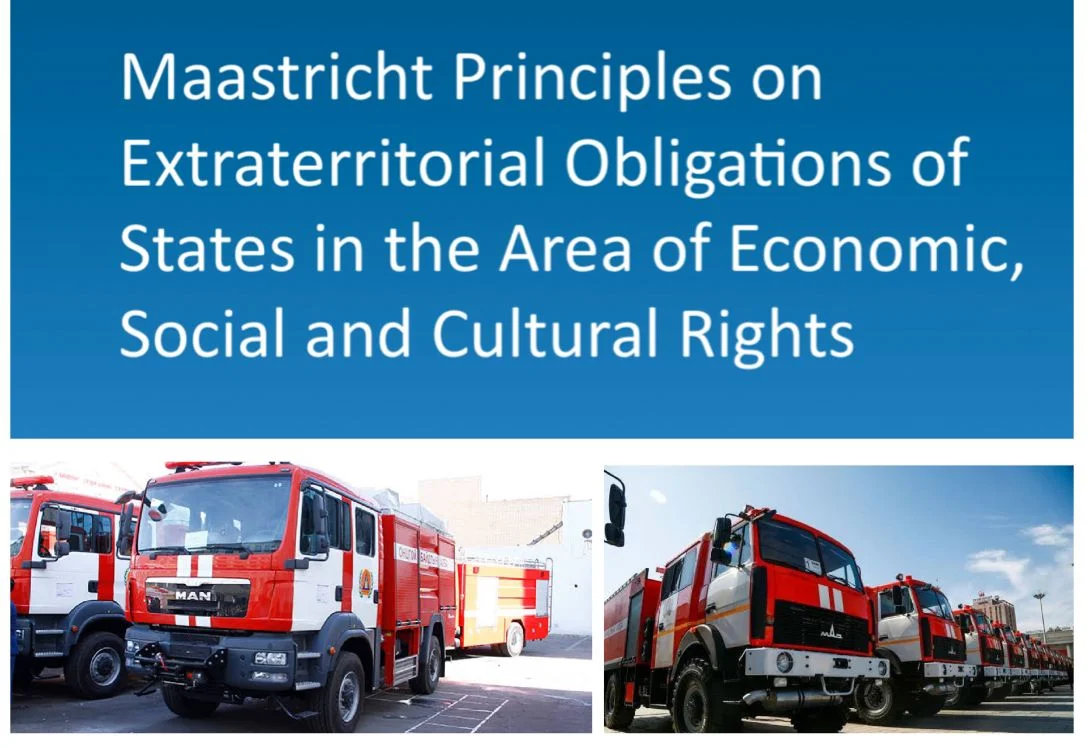
According to the ICJ guidelines on reparations for gross human rights violations, every state has an obligation to protect human rights, prevent human rights violations, promote human rights, and punish human rights violations to ensure they do not happen again.
The ICJ guidelines extract their legal basis from principles like the Maastricht Principles on Extraterritorial Obligations of States in the Areas of Social, Cultural, and Economic Rights. These universal, peremptory legal principles enjoin all nations to uphold human rights, especially social, cultural, and economic rights of not only within their own citizens but also those of other territories.
This essentially means that Lithuania, having an obligation to uphold the rights to life and emergency services for Zimbabweans, cannot justify upholding EU sanctions by withholding fire engines desperately needed by Zimbabwean civilians to protect their right to life.
More critically, the general principles state that every citizen affected by a violation of their human rights has the right to informed participation in any matter impacting those rights.
This implies that, combined with the Zimbabwean government’s obligations to protect human rights and prevent violations, Zimbabweans, through their government and parliament, should participate in creating policy or legal processes to take collective action against Lithuania to secure the release of the withheld fire engines.
In other words, if diplomatic efforts between the Zimbabwean government and Lithuania fail, the Zimbabwean government must disclose the issue of the fire engines to the public and, in consultation with them, develop policy and solutions on how to use humanitarian law to compel Lithuania to return the fire engines.
It is therefore clear that, in line with these human rights principles, the Zimbabwean government cannot simply decide to let the issue go as it has done with other sanctions for the past 23 years and simply plead being a victim, if Lithuania continues to withhold the equipment.
They have the option to sue for the return or replacement of the fire engines and demand reparations for the harm being suffered by Zimbabweans due to the deprivation of this life-saving equipment.
I would also argue that this case, and others like Zimbabwe’s debt to multilateral institutions that was affected by illegal Western sanctions, can be taken to the World Bank’s ICSID (International Centre for Settlement of Investment Disputes) or the WTO.
It must be emphasized that human rights law and humanitarian law are obligatory for all nations and not optional. Consequently, Lithuania is obligated to comply with any court judgment to remedy this human rights violation, but such judgments can on arise after Zimbabweans seek to enforce their rights through due process.
Protect Against Toxic Food.
Finally, it’s important to note that human rights law and humanitarian law are double-edged swords. Regarding the issue of toxic GMOs being smuggled into Zimbabwe, the Zimbabwean government is also similarly obligated to protect its citizens from companies that violate Zimbabwean law and human rights by smuggling and selling banned and unlabeled toxic foods that could pose a health risk to Zimbabweans.
Additionally, the Zimbabwean government has an extraterritorial obligation to notify the South African government to prohibit South African companies from smuggling of these banned GMOs which are laced with glyphosate, into Zimbabwe.
Conversely, once notified, the South African government now has a duty to protect the health and human rights of Zimbabweans by ensuring that toxic and banned foods are not smuggled into Zimbabwe.
Similar to the issue with the fire engines, the Zimbabwean government must inform its citizens about how it is addressing this food situation to ensure their protection.





